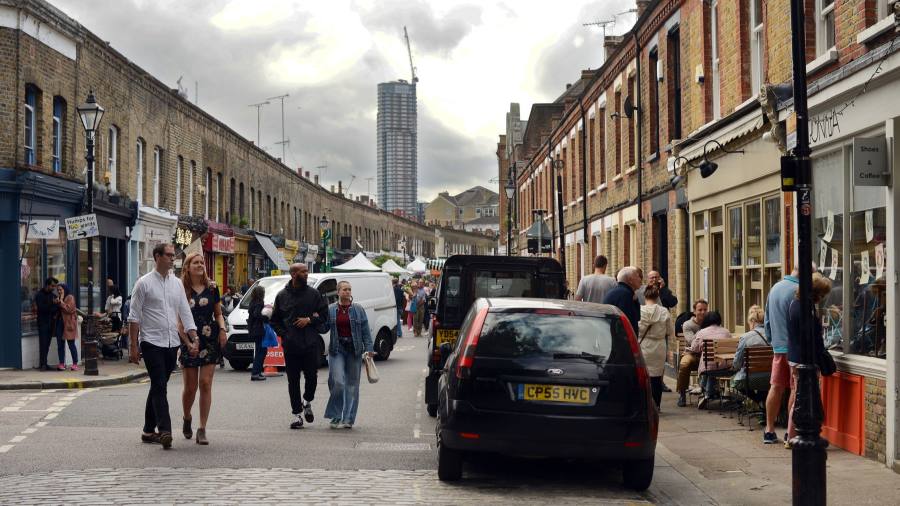

The reason the board have given is - if true - a very reasonable reason to fire a CEO. The job of the board is to oversee, scrutinise and challenge the management, and if the management were lying to or withholding information from the board then that’s an obvious reason for the management to go.
American corporate governance standards are really hit-and-miss, and in a lot of these tech firms you often end up with situations of CEOs doubling up as chairs of their boards - e.g. Musk, Zuckerberg , Bezos -something that structurally neuters the ability of the board to do its basic job of challenging the CEO! So when I see an American board standing up to a CEO that’s trying to evade scrutiny, I feel that’s something that should be applauded.









I’ve found it useful for TTRPGs too. Art generators are certainly helpful for character portraits, I also find ChatGPT can be useful for lots of other things. I’ve had pretty mediocre results trying to get it to generate a whole adventure but if you give it tight enough parameters then it can flesh out content for you - ranging from NPC name ideas, to ideas for custom magic items, to whole sections of dialogue.
You can give it a plot hook you have in mind and ask it to generate ideas for a three-act structure and encounter summary to go with it (helpful when brainstorming the party’s next adventure), or you can give it an overview of an encounter you have in mind and ask it to flesh out the encounter - GPT4 is reasonably good at a lot of this, I just wouldn’t ask it to go the whole way from start to finish in adventure design as it starts to introduce inconsistencies.
You also need to be ready to take what it gives you as a starting point for editing rather than a finished product. For example, if I ask it to come up with scene descriptions in D&D then it has a disproportionate tendency to come up with things that are ‘bioluminescent’ - little tells like that which show it’s AI generated.
Overall - you can use it as a tool for a busy DM that can free you up to focus on the more important aspects of designing your adventure. But you need to remember it’s just a tool, don’t think you can outsource the whole thing to it and remember it’s only as helpful as how you try to use it.